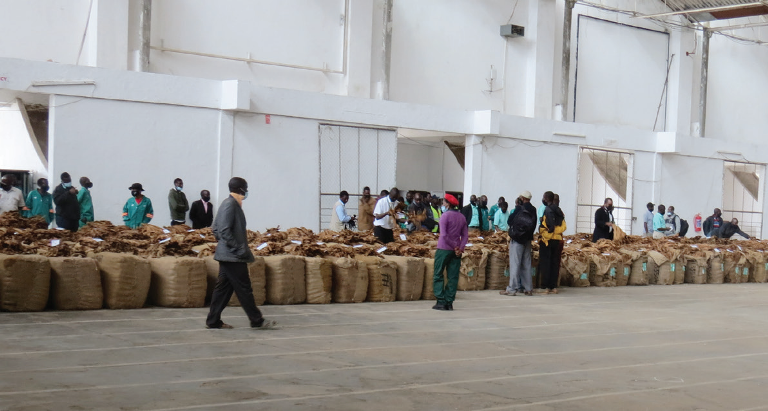Industry, govt speak on tobacco treaty
Government and tobacco industry players say the recently signed World Health Organization (WHO) Framework Convention on Tobacco Control (FCTC) could help the country reposition itself on tobacco regulation.
Following the signing of the global convention, Malawi has now become the 183rd country to be party to the treaty which was adopted by the World Health Assembly in May 2003.

The signing of the treaty puts Malawi under scrutiny by the global framework for tobacco regulation, requiring the country to implement policies and measures to control tobacco use, protect public health and reduce the negative impacts of tobacco production and consumption.
In a written response to a questionnaire on Thursday, Secretary for Health Sam Mndolo said the signing of the WHO-FCTC Treaty shows Malawi’s commitment to addressing tobacco-related health issues and aligning with international efforts to reduce tobacco-related harms.
He said: “Signing the WHO-FCTC means that Malawi will develop and implement comprehensive tobacco control policies.
“On the other hand, the WHO-FCTC also recognises the need to support tobacco farmers and workers as countries transition away from tobacco cultivation.
“Signing the FCTC might thus lead to initiatives aimed at helping farmers transition to alternative or complementary crops and reduce pressure on tobacco as the main forex earner to the country.”
Mndolo was, however, quick to mention that effective implementation and enforcement of the tobacco control measures in the FCTC are of paramount importance for the country to fully benefit from this treaty.
Commenting on the development, Limbe Leaf Tobacco Company external affairs director Febbie Chikungwa said the company expects government to advocate for complementary crops and protect farmers and secondary businesses that directly or indirectly depend on tobacco production.
“We trust that government will develop regulations and policies that do not negatively or unnecessarily impact tobacco production as tobacco is currently the crop of choice for Malawi’s agricultural sector and the main source of forex,” she said.
On his part, Japan Tobacco International Tobacco corporate affairs and communications director Limbani Kakhome said expectations are that the government will consider carefully the mixture of obligations and recommendations under the FCTC.
Tama Farmers Trust chief executive officer Nixon Lita welcomed the move, saying it puts farmers in a better position to have a voice on issues to do with tobacco regulation.
Tobacco remains a key cash crop in Malawi, contributing about 60 percent to foreign exchange earnings, 15 percent to the economy, and the sector directly and indirectly employs millions of people.
This year, the country earned $282.61 million (about K304.55 billion) from 120 million kgs of tobacco at an average price of 2.35 per kg (about K2532.51) compared to $182 million (about K196.13 billion) from 85 million kgs of tobacco at an average price of $2.14 (about K2306.20) earned last year.





